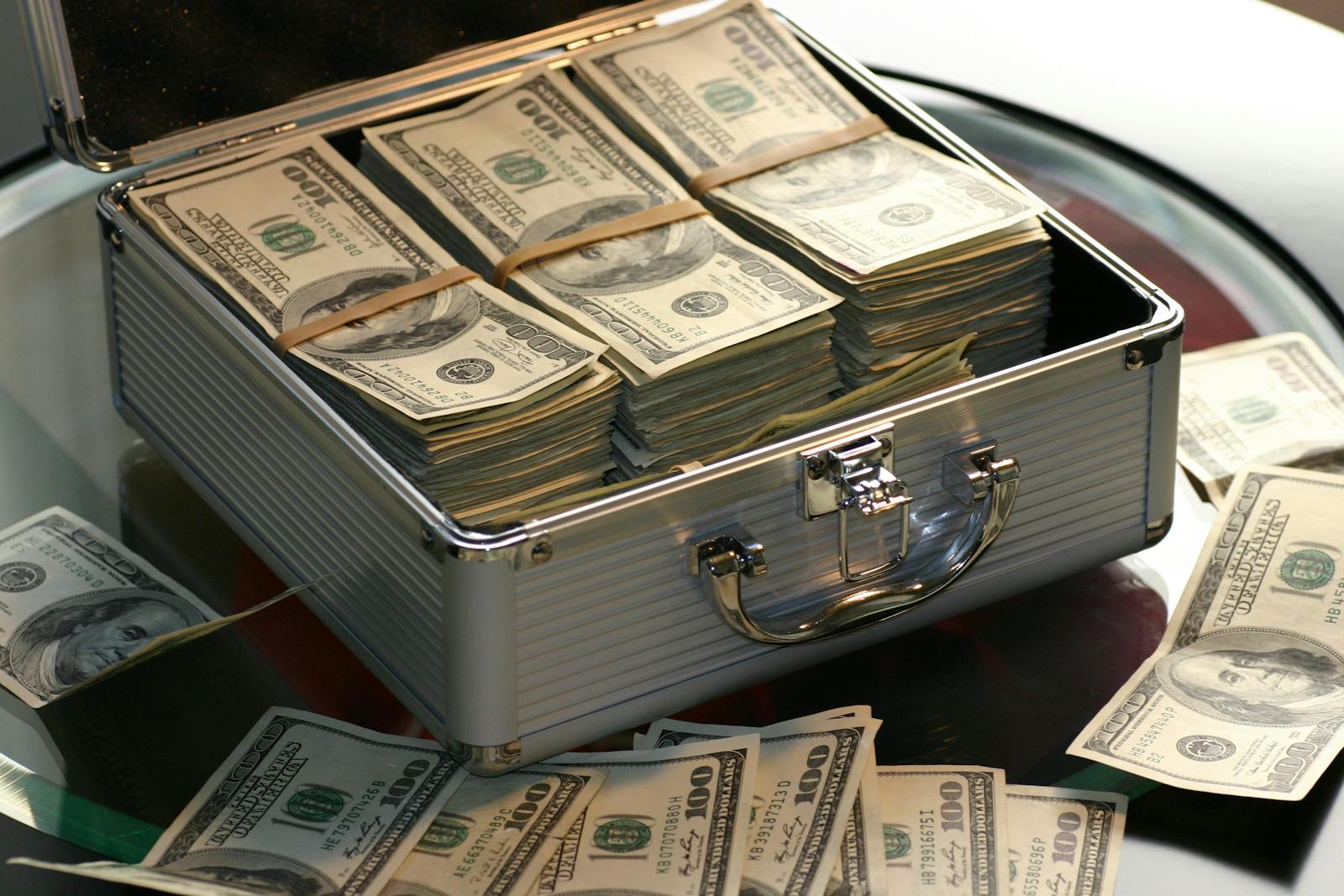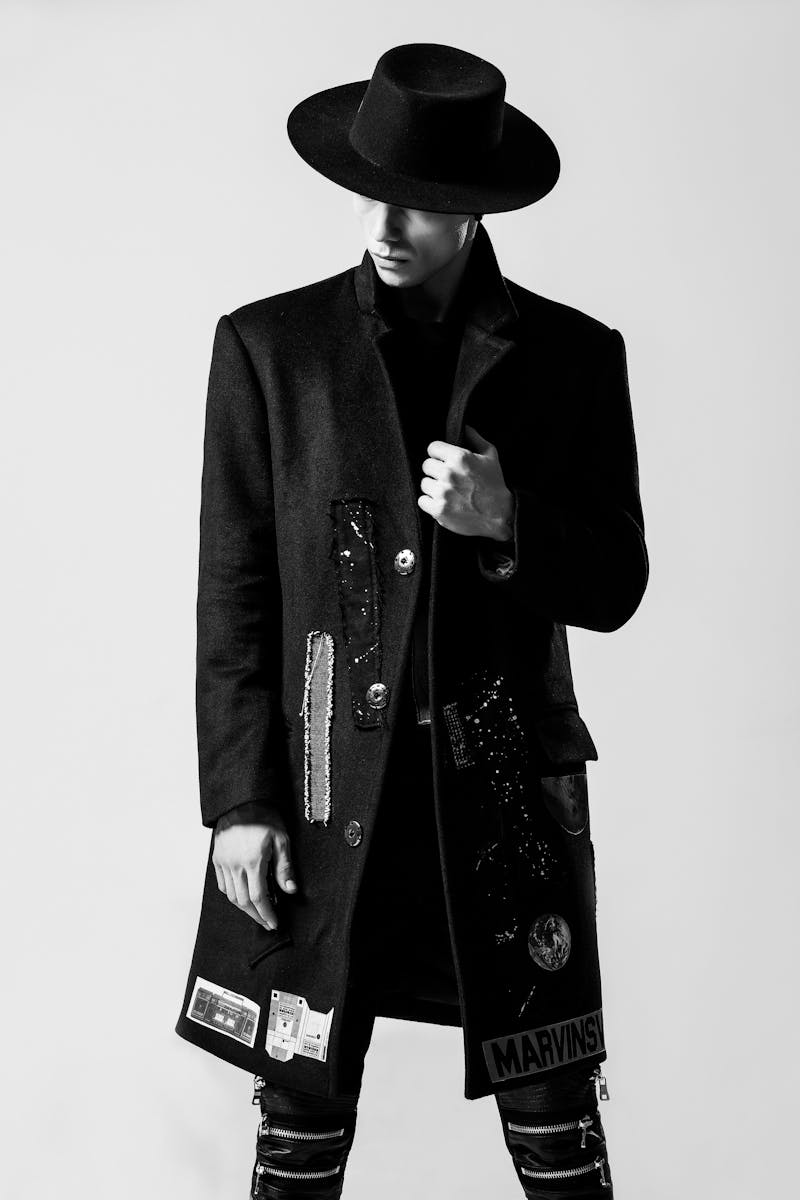Secrets are threads woven into the fabric of human existence, shaping our relationships, defining our boundaries, and often, testing our moral fiber. They range from the innocent to the profound, from trivial gossip to matters of national security. But what happens when a secret isn’t just a hidden truth, but a concealed fortune? When the very concept of a “million dollars” becomes intertwined with silence, deception, and the most intricate corners of the human psyche? The stakes, as one might imagine, escalate exponentially, transforming abstract ethical dilemmas into tangible, life-altering decisions.
The lure of a million dollars does not merely tempt; it actively reshapes the landscape of human perception and decision-making. Psychologically, greed manifests not simply as a desire for more, but as an insatiable longing, frequently untethered from genuine need and instead, intensely fixated on perceived gain. It taps into a primal drive, often rooted in a mindset that misinterprets abundance as scarcity, driving individuals to pursue material excess even at the cost of their own integrity or the well-being of others. This is where the truly fascinating, and often unsettling, transformation begins.
When the prospect of such a colossal reward enters the equation—say, the knowledge of a million-dollar secret—the brain’s internal reward systems light up with startling intensity. Dopamine pathways, those intricate neural networks associated with pleasure and motivation, activate with remarkable vigor in anticipation of large monetary gains. This neurological surge can, quite literally, hijack cognitive control, diverting attention and focus away from the long-term consequences of actions and relentlessly pulling it towards the immediate, glittering promise of short-term gratification. It’s this profound neurological shift that often prompts individuals to rationalize ethically questionable decisions, choices they might never even entertain under ordinary circumstances.
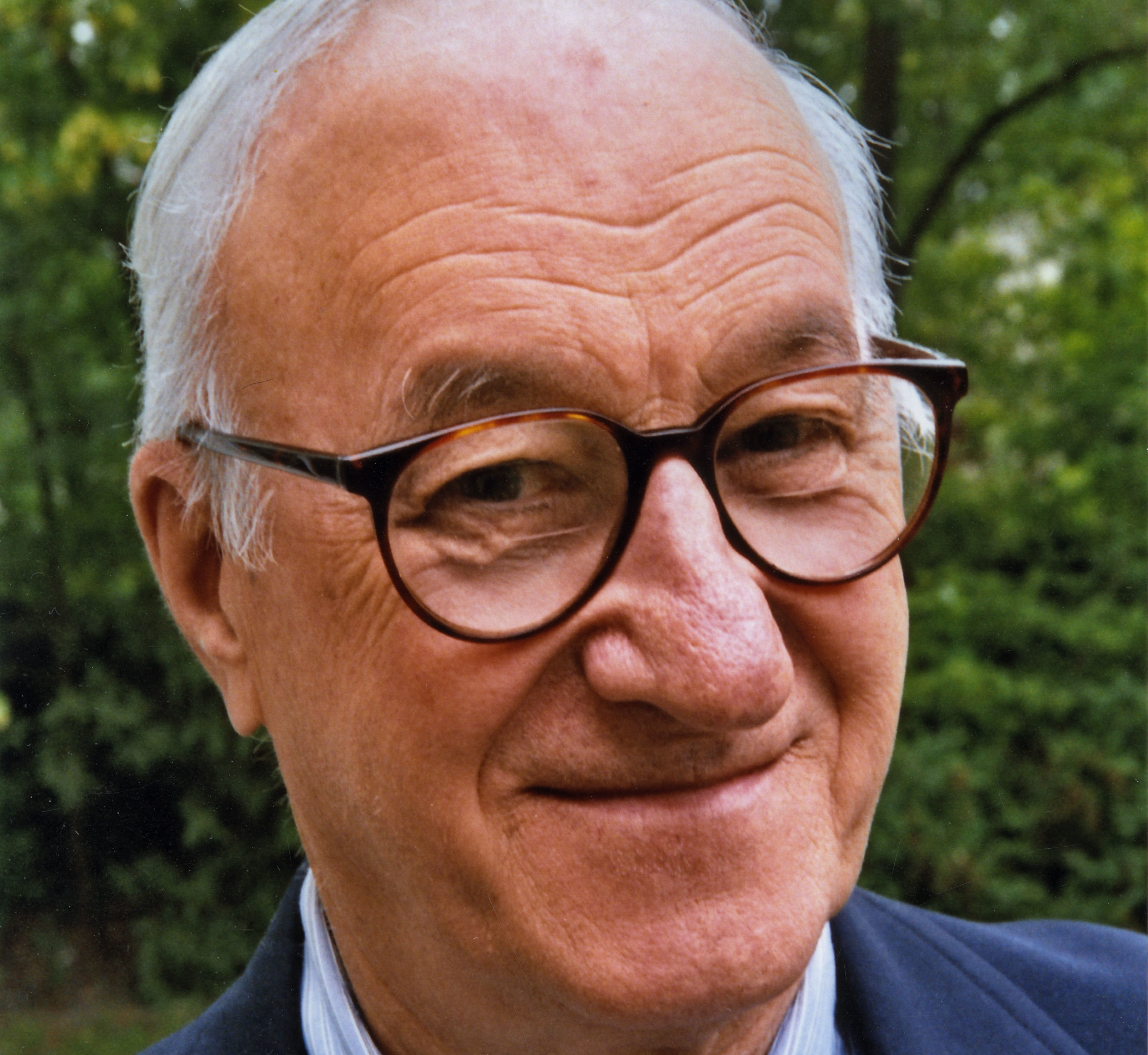
This cognitive recalibration makes moral disengagement an alarmingly accessible pathway. Individuals find themselves convincing themselves that personal gain inherently outweighs any ethical lapses. They might downplay the harm caused by their actions, diffuse responsibility across a group, or even reinterpret their deceptive acts as entirely justifiable—a set of mental maneuvers that fit perfectly into psychologist Albert Bandura’s well-established theory of moral disengagement. The end result is a startling cognitive framework where actions like betrayal, manipulation, and outright deception not only feel rational, but often, critically necessary, especially when significant wealth dangles just beyond reach.
Nowhere is this intricate dance between ethics and ambition more vividly dramatized than in the arena of reality television, where human behavior under pressure is the very currency of entertainment. Consider Netflix’s compelling new series, *Million Dollar Secret*, a show that has quickly captivated audiences with its high-stakes premise. Here, twelve strangers converge in a luxurious Canadian estate, and from the outset, one among them is secretly bestowed with a million-dollar prize. The game’s central tension revolves around this clandestine millionaire’s efforts to keep their identity hidden, while the “Hunters” strive to unmask them. It’s a compelling experiment in social deduction, deception, and the psychological warfare inherent in such a setup.
Amidst this intricate web of strategy and suspicion, one contestant, Lauren, emerged as a striking example of where real-world integrity clashes head-on with the ruthless demands of reality television competition. Early in the game, after the initial eliminations, Lauren, who was revealed to be the secret millionaire, made a decision that sent ripples of astonishment through the game and, undoubtedly, among viewers. She told the truth. In a genre where deception is not merely a tactic but often a celebrated art form, where contestants routinely craft elaborate lies and maintain intricate facades, Lauren confessed to being the millionaire.

Her confession, while admirable in a conventional ethical sense, proved to be an immediate and decisive self-sabotage within the confines of the game. As the narrator aptly pointed out, “honesty is indeed the worst policy when it comes to competing on reality television. You lie. And you lie often.” Lauren’s admission was, in essence, an irreversible strategic misstep. It was, to borrow a vivid analogy used in the show’s commentary, “like there was a murder at a party. You confessed to doing it, and you’re demanding that the music and food continue. It’s just not possible.” There was simply no coming back from that revelation.
The game’s design inherently discourages such transparency. If the millionaire is successfully identified and eliminated, the money is not awarded to the successful guessers but is instead randomly re-hidden in a new box—a twist known as “The Transfer.” This ingenious mechanic creates a disincentive to eliminate the *current* millionaire, as it risks sending home another “innocent” person if the guess is incorrect. Every time a player with an empty chest is eliminated, “the cast looks stupid.” This creates a bizarre paradox: once Lauren confessed, she paradoxically became a less desirable target for elimination as the current millionaire because the other players already *knew* her identity. There was no longer a mystery to solve or a “right” answer to chase for strategic advantage.
So, faced with a millionaire who had openly confessed and thus removed the central mystery, the remaining players opted for the next logical move: they eliminated someone they knew “had already been guilty of lying.” Lauren’s “integrity”—her visible discomfort and feeling bad about what she did as the secret millionaire—was acknowledged, but it starkly failed to translate into a strategic advantage or, more importantly, a path to victory within the game’s cutthroat environment. Her confession, rather than earning trust or sympathy, solidified her as a known quantity, a previous liar, making her an easy and justifiable vote for those seeking to protect their own positions. This narrative perfectly encapsulates how the pursuit of a million-dollar prize can invert conventional morality, prioritizing strategic deception over candid truth.
Beyond the dramatic confines of a reality TV set, the tension between integrity and opportunity, particularly when a million-dollar secret is involved, plays out in far more complex and consequential real-world scenarios. The behavioral shifts observed in studies—where individuals expecting large gains become “51% more likely to make dishonest or self-serving decisions in controlled simulations”—are not mere academic curiosities. They are deeply unsettling reflections of how the prospect of sudden, immense wealth can displace deeply held principles and conventional moral boundaries.
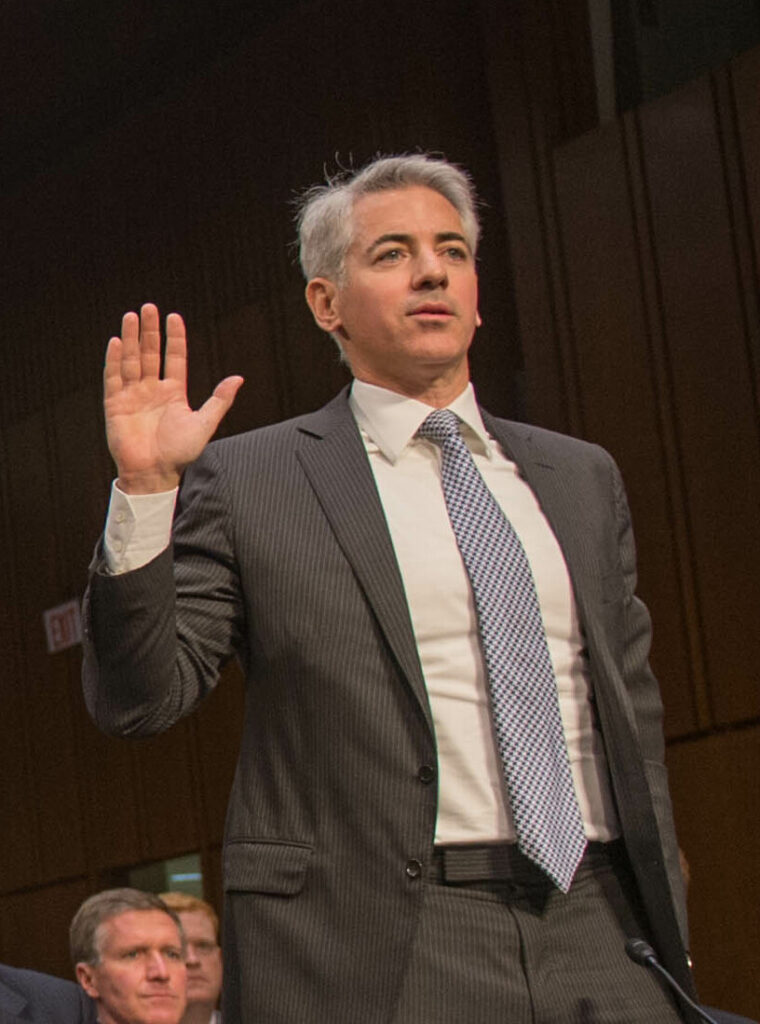
Consider the infamous McDonald’s Monopoly Fraud Case, which unfolded in the United States between 1995 and 2001. Here, Jerome Jacobson, a security officer entrusted with safeguarding the integrity of the popular promotional sweepstakes, masterminded a staggering $24 million fraud. He systematically embezzled high-value game pieces and orchestrated an elaborate network of co-conspirators. What’s truly chilling is how the promise of millions compelled ordinary people—from store clerks to truckers and housewives—to engage in federal crimes. Their loyalty was purchased, their silence ensured through hefty financial incentives, illustrating how a million-dollar secret, held by one and shared for gain, can corrupt an entire network.
The case of Valeant Pharmaceuticals in 2015 offers another stark illustration. Executives aggressively guarded trade secrets while implementing controversial pricing strategies that ignited public outrage. Reports emerged of internal silencing tactics, where loyalty was effectively bought by promising massive compensation packages to those who maintained quiet complicity. This wasn’t merely about protecting intellectual property; it was about maintaining a veil of secrecy around practices that were ethically questionable, with financial incentives serving as the glue that held the conspiracy together. The lure of continued, substantial personal wealth incentivized executives to uphold the company’s “secret agendas,” even at the expense of public trust and ethical conduct.
The sprawling revelations of the Panama Papers in 2016 further underscore how the potential for immense financial gain can warp moral compasses and incentivize silence. Over 11.5 million documents exposed a global web of offshore accounts used to conceal assets, evade taxes, and facilitate illicit financial activities. Countless individuals and entities chose silence over exposure, their complicity secured by the promise of maintaining vast, undisclosed wealth. Here, the “million-dollar secret” was not just a single prize, but an entire system built on hidden fortunes, where the mere whiff of a million-dollar loss could turn integrity into a casualty.
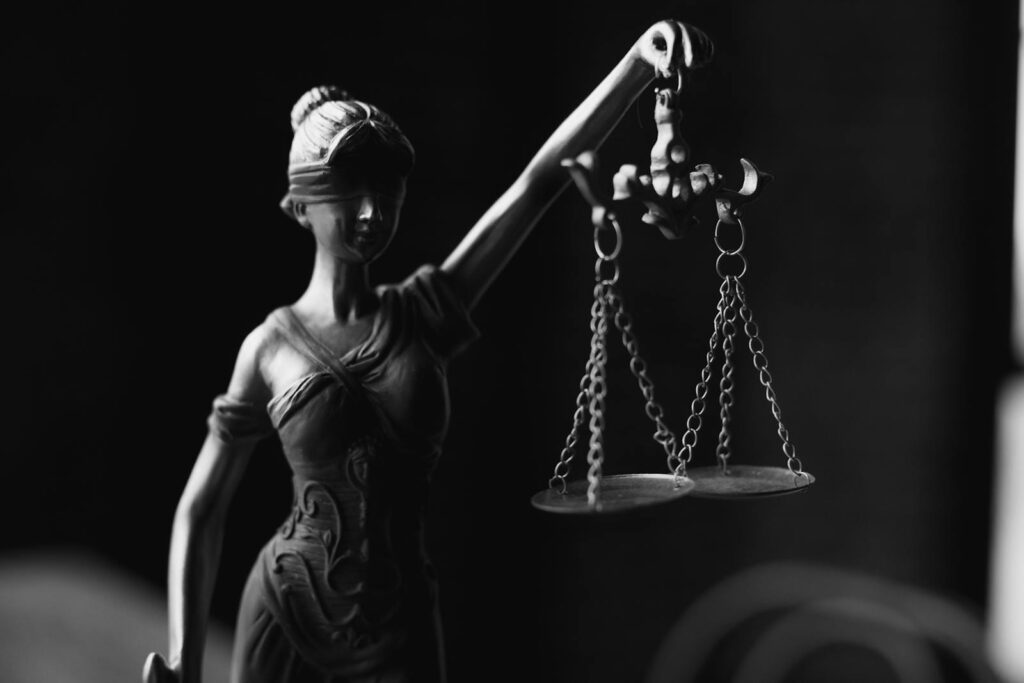
These real-world examples highlight a critical phenomenon: the erosion of moral boundaries when significant financial gain is at stake. The cognitive process known as “moral licensing” comes into sharp focus. This theory suggests that people, after demonstrating prior good behavior, can then subconsciously grant themselves permission to rationalize ethically dubious decisions. With a seven-figure sum on the line, individuals might mentally reframe fundamentally wrong choices as mere survival tactics or shrewd business acumen. It’s a powerful internal narrative that allows betrayal, deception, and manipulation to feel not only rational but, in the twisted logic of greed, entirely necessary.
From the dramatic confessions on a reality television stage to the labyrinthine depths of corporate fraud and global financial opacity, the trajectory of a “million-dollar secret” consistently traces a profound impact on human behavior. It peels back the veneer of conventional morality, revealing the potent, often irresistible, force of avarice. The choices made under the shimmering shadow of such wealth are rarely simple; they are complex, nuanced, and frequently leave indelible marks not only on the individuals involved but on the fabric of trust that underpins our societal interactions. Understanding this intricate interplay between human psychology and the staggering pull of a seven-figure sum is not just an academic exercise; it is an essential lens through which we can better comprehend the true cost of hidden fortunes, and the perilous, often tragic, choices they compel us to make. The very air around such secrets thrums with ethical tension, challenging us to ponder what, truly, we are willing to sacrifice for a million dollars.
The pursuit of a million-dollar secret, while seemingly offering liberation through wealth, often exacts an unseen, far heavier toll—a cost not measured in currency, but in the erosion of trust, the psychological burden of concealment, and the systemic undermining of transparency. This intricate web of consequences extends far beyond the secret-keeper, rippling outward to impact personal relationships, professional reputations, and the foundational integrity of society itself. It compels a deeper examination of what true value means when confronted by the glittering allure of hidden fortunes.

The most immediate and heartbreaking casualty of a million-dollar secret is often trust, the very bedrock of human connection. Within families, the discovery of concealed wealth or clandestine dealings can create irreparable rifts. Imagine the silent chasm that forms when a loved one realizes a significant inheritance was hidden, or a financial decision of immense consequence was made without their knowledge, driven by an individual’s desire for exclusive control over millions. Such revelations lead to profound feelings of betrayal, fostering emotional distance and potentially leading to estrangement that no amount of money can mend. The very bonds that should offer support become fragile under the constant pressure of an unspoken lie, transforming open dialogue into cautious whispers, and genuine affection into guarded interactions.
On a professional plane, the repercussions of high-stakes secrecy are equally devastating, extending far beyond the immediate financial gain. For individuals, exposure can mean not just legal penalties, but a shattered reputation, the irreversible end of a career, and social ostracism. Think of the fallout from the McDonald’s Monopoly Fraud, where ordinary people, seduced by the promise of millions, engaged in federal crimes and subsequently faced legal retribution and public disgrace. For corporations, as exemplified by Valeant Pharmaceuticals and the Panama Papers revelations, the ethical compromises made to guard trade secrets or conceal assets eventually led to public outrage, massive legal battles, and a significant loss of investor and consumer confidence. The long shadow cast by such scandals can cripple a company’s brand, undermine its market value, and trigger sweeping regulatory reforms, demonstrating that the pursuit of hidden wealth often comes with a steep, public price.
At a broader societal level, the pervasive nature of high-stakes secrecy breeds a deep-seated cynicism that erodes public faith in institutions and systems. When global financial scandals like the Panama Papers expose how vast fortunes are systematically hidden, evading taxes and facilitating illicit activities, it fundamentally undermines the belief in fairness and equity. Citizens observe a two-tiered system where wealth dictates silence and accountability is selective, leading to a pervasive sense of distrust in governments, legal frameworks, and even the very principles of democracy. This erosion of social cohesion, fueled by the perception that a privileged few can operate above the law through concealed riches, poses a serious threat to the collective well-being and moral fabric of society.
Beyond the external fallout, the secret-keeper themselves carries an immense, often invisible, burden. Maintaining a million-dollar secret is an isolating and psychologically taxing endeavor. The constant fear of exposure, the mental energy required to construct and maintain a fabricated reality, and the hyper-vigilance needed to guard against detection can lead to chronic stress, anxiety, and even paranoia. The individual becomes trapped in a self-made labyrinth of deception, unable to truly connect with others for fear of revealing their truth, leading to profound loneliness and a distorted perception of their own relationships.

This internal struggle is further compounded by the corrosive effects of guilt and shame. While individuals may rationalize their actions through moral disengagement—downplaying harm or reinterpreting deception as justified—the subconscious weight of their choices can lead to a pervasive sense of unease. The initial thrill of gain gives way to a constant, gnawing anxiety, preventing genuine peace of mind. Sleepless nights, a diminished sense of self-worth, and even physical manifestations of stress become the companions of those who choose to live in the shadow of a high-stakes secret. The emotional toll far outweighs any fleeting financial comfort, demonstrating that the price of secrecy is often paid in the most personal and profound ways.
In direct opposition to the corrosive nature of secrecy lies the inherent, often underestimated, power of transparency. Ethically, the arguments for openness are compelling. Drawing from principles like Kantian ethics, which emphasize the moral duty of truthfulness and the universalizability of actions, one must ask: would a world where everyone operated with high-stakes hidden agendas be desirable or sustainable? Similarly, a utilitarian perspective would argue that transparency, by fostering accountability and preventing widespread harm (such as tax evasion or corporate malfeasance), ultimately serves the “greatest good for the greatest number.
This societal “right to know” is not merely an abstract concept; it is a fundamental pillar of informed public discourse and fair market operations. In a democratic society, citizens require accurate information, particularly concerning public trust, market integrity, and potential harm. Consider the profound impact of whistleblowers, who, at immense personal risk, expose systemic issues that would otherwise remain shrouded in secrecy. Their disclosures, such as those that brought the McDonald’s Monopoly fraud and elements of the Panama Papers to light, have often served as catalysts for crucial reforms, increased regulatory oversight, and a renewed commitment to ethical conduct, demonstrating the invaluable societal benefits that stem from courageous acts of truth-telling.
Navigating the complex ethical dilemma presented by a million-dollar secret requires a deliberate and comprehensive framework for decision-making. The first critical step is a thorough stakeholder analysis: identifying not just oneself, but every individual, group, or entity that could be impacted by the secret, whether directly or indirectly. This includes family members, colleagues, investors, the broader public, and the integrity of any involved institutions. Understanding the ripple effects of a decision allows for a more informed assessment of potential harm.

Crucially, one must weigh the perceived short-term gain of keeping the secret against the long-term, often irreversible, damage to integrity and relationships. The allure of immediate financial reward can be blinding, but true ethical foresight demands an honest appraisal of the lasting costs: a tarnished reputation, fractured personal bonds, persistent anxiety, and the potential for legal repercussions. What is the *true* cost-benefit analysis when personal peace, trust, and a clear conscience are factored into the equation?
The role of deeply held personal values cannot be overstated in this crucible of temptation. What does one genuinely stand for, regardless of the financial incentive? Reconnecting with core ethical principles and asking oneself what kind of person they aspire to be can provide a powerful counterweight to the pull of avarice. Furthermore, acknowledging the role of external accountability—the inevitability that truth often surfaces, and that legal and public consequences will follow—can serve as a powerful deterrent, forcing a confrontation with the reality that hidden wealth rarely remains hidden forever.
Ultimately, the contemplation of a million-dollar secret compels a re-evaluation of what constitutes true wealth. Is it merely a seven-figure sum concealed in an offshore account, or does it encompass the intangible yet invaluable assets of peace of mind, unwavering integrity, and genuine, transparent relationships? The pursuit of hidden fortunes often demands the sacrifice of these intrinsic values, leaving a void that no amount of money can fill.

The human quest for meaning extends far beyond material accumulation. A life built on the foundations of deception, no matter how financially enriched, rarely delivers genuine contentment or lasting fulfillment. The enduring worth of honesty, authenticity, and transparent living far outweighs the fleeting promise of hidden millions. It is in these principles that true, unshakeable wealth resides—a fortune that does not require concealment, but rather flourishes in the open, enriching not just the individual, but the entire fabric of our shared human experience.

